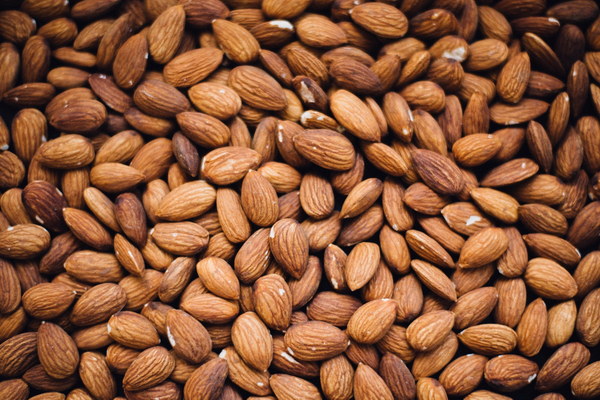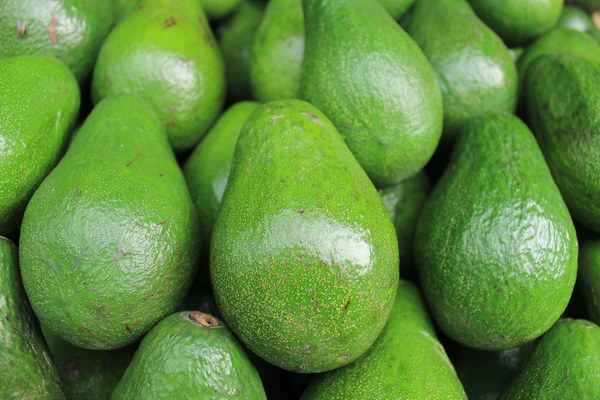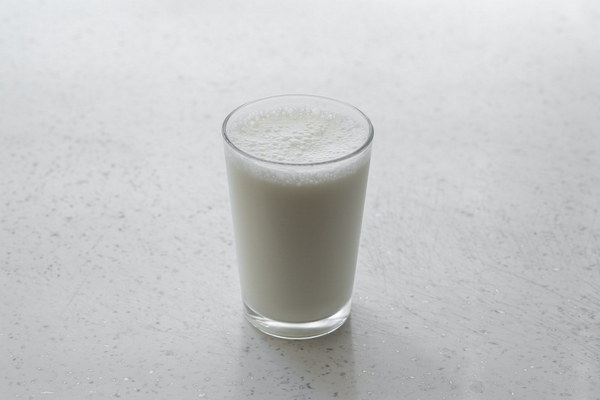Overindulgence in Tonics A Common Culprit Behind Yin Deficiency
In the realm of traditional Chinese medicine (TCM), the concept of yin and yang plays a vital role in maintaining balance within the body. Yin refers to the cool, moist, and tranquil aspects of the body, while yang represents the warm, active, and energetic aspects. When this balance is disrupted, various health issues can arise, one of which is yin deficiency. While yin deficiency can be caused by numerous factors, one common cause that often goes unnoticed is overindulgence in tonics.
Tonics, in TCM, are herbal remedies or supplements designed to strengthen the body and improve overall health. They are often used to address specific health concerns, such as fatigue, weakness, or poor immune function. However, when consumed in excess, these tonics can lead to an imbalance in the body, resulting in yin deficiency.
The primary reason why overindulgence in tonics can lead to yin deficiency is that many tonics are warming in nature. This means that they increase the body's yang energy, which can deplete the yin energy. In TCM, it is believed that yin and yang must be balanced for optimal health. When yin is deficient, symptoms such as heat, dryness, and restlessness may manifest.
Here are some common tonics that can lead to yin deficiency:
1. Ginseng: While ginseng is a popular herb for boosting energy and vitality, excessive consumption can lead to an increase in yang energy, thus causing yin deficiency.
2. Astragalus: This herb is known for its immune-boosting properties, but it can also increase yang energy, leading to yin deficiency.
3. Licorice root: Although licorice root is often used to harmonize other herbs, it can also contribute to the imbalance of yin and yang.
4. Dang gui: This herb is used to nourish blood and is beneficial for women's health; however, excessive use can lead to yin deficiency.
Symptoms of yin deficiency may include:
- Dryness of the mouth, throat, and skin
- Night sweats
- Excessive thirst

- Restlessness or irritability
- Heat sensations in the body
- Low libido
- Menstrual irregularities in women
To avoid yin deficiency caused by overindulgence in tonics, consider the following tips:
1. Consult a TCM practitioner: Before starting any new tonic regimen, it's essential to consult a TCM practitioner who can assess your specific health needs and recommend the appropriate tonics, if necessary.
2. Balance your diet: Include cooling and moistening foods in your diet, such as cucumbers, watermelons, and papayas, to help balance your body's yin energy.
3. Moderate your intake: Even when using tonics under the guidance of a TCM practitioner, it's important to follow their recommendations regarding dosage and duration of use.
4. Monitor your symptoms: Pay attention to any changes in your health and report them to your TCM practitioner. This will help them adjust your treatment plan as needed.
In conclusion, while tonics can be beneficial for improving health and well-being, it's crucial to be mindful of their potential to cause yin deficiency when consumed in excess. By consulting with a TCM practitioner, balancing your diet, and moderating your intake of tonics, you can help ensure that your yin and yang remain balanced, leading to optimal health and vitality.









